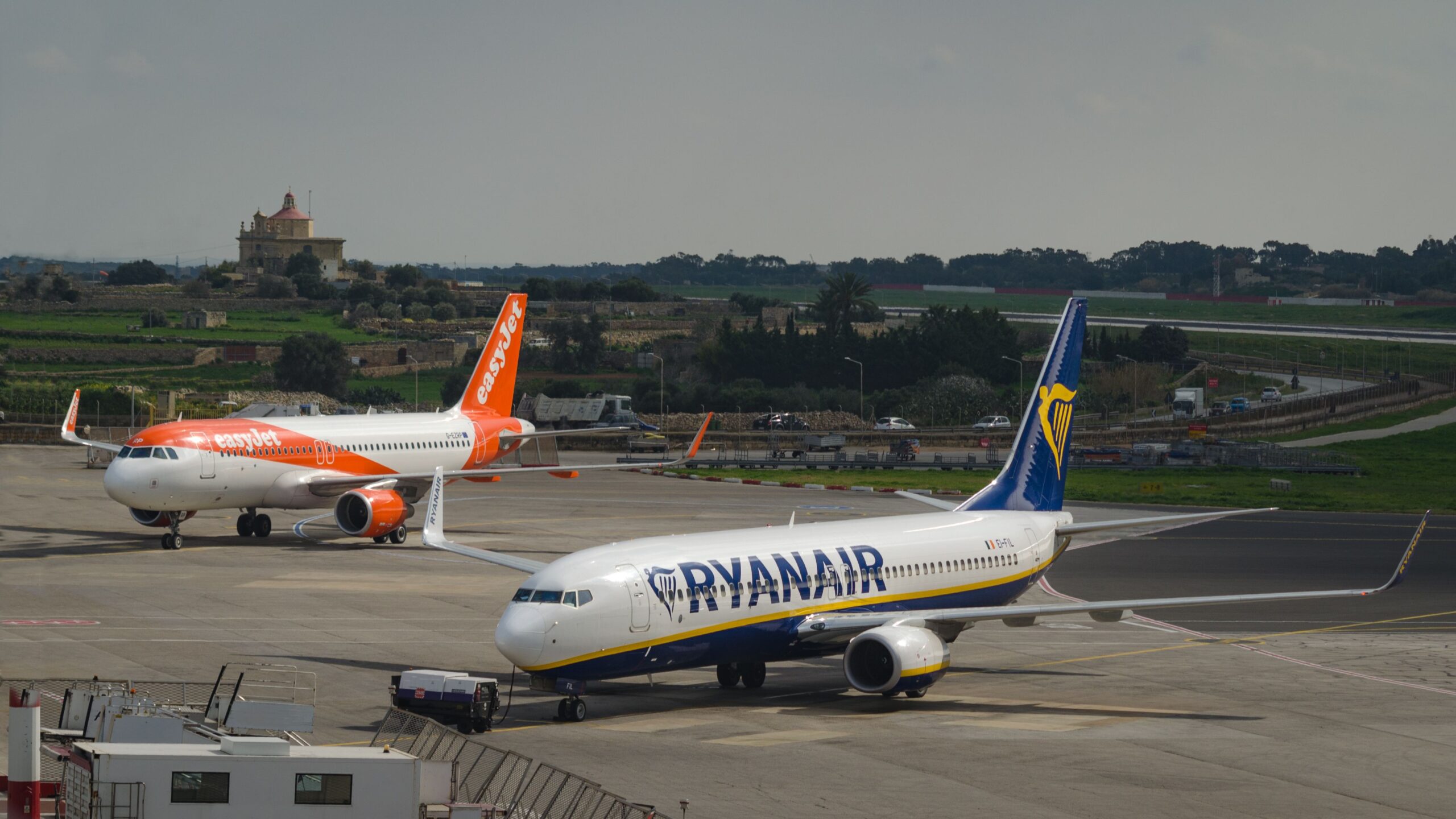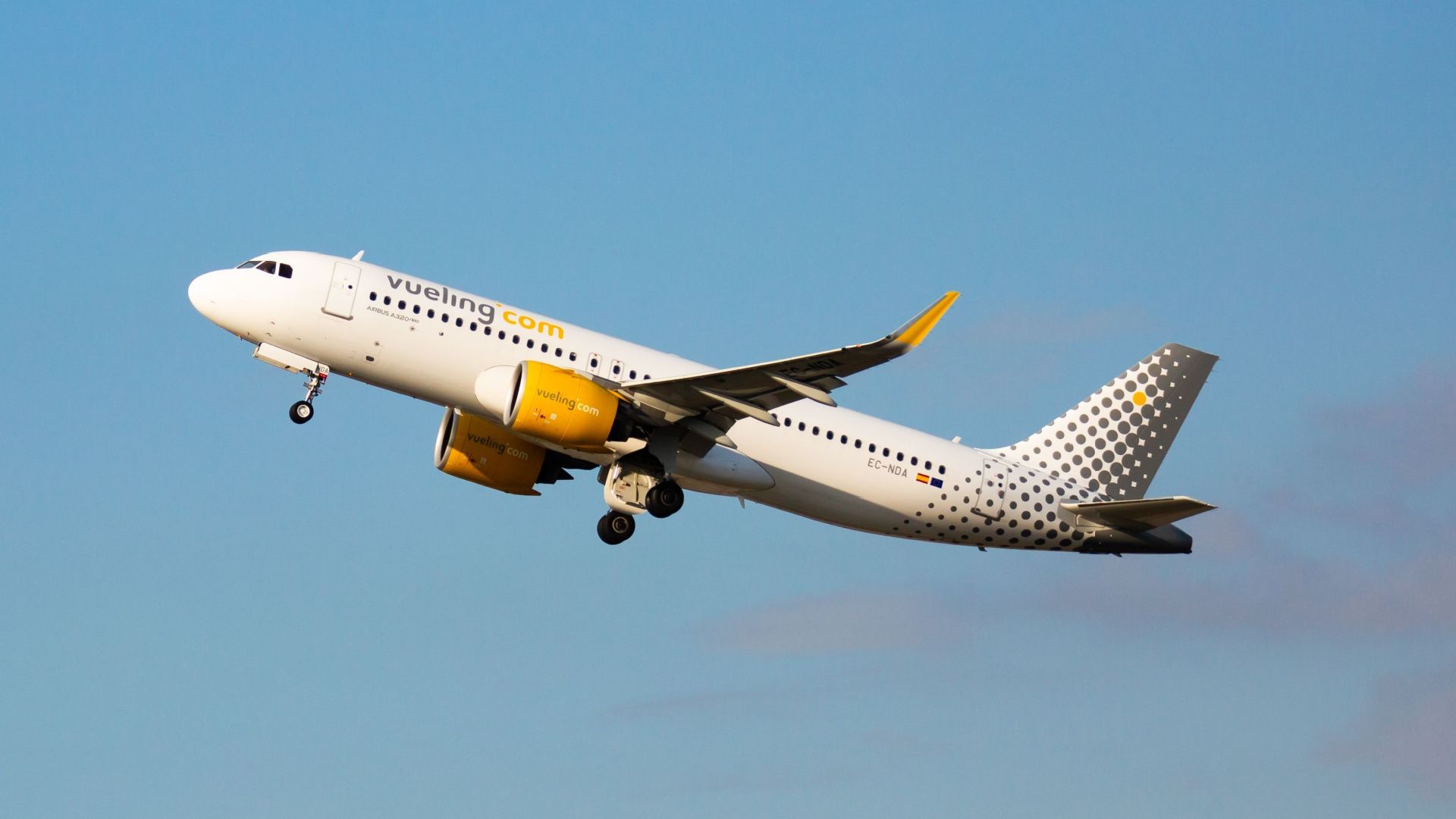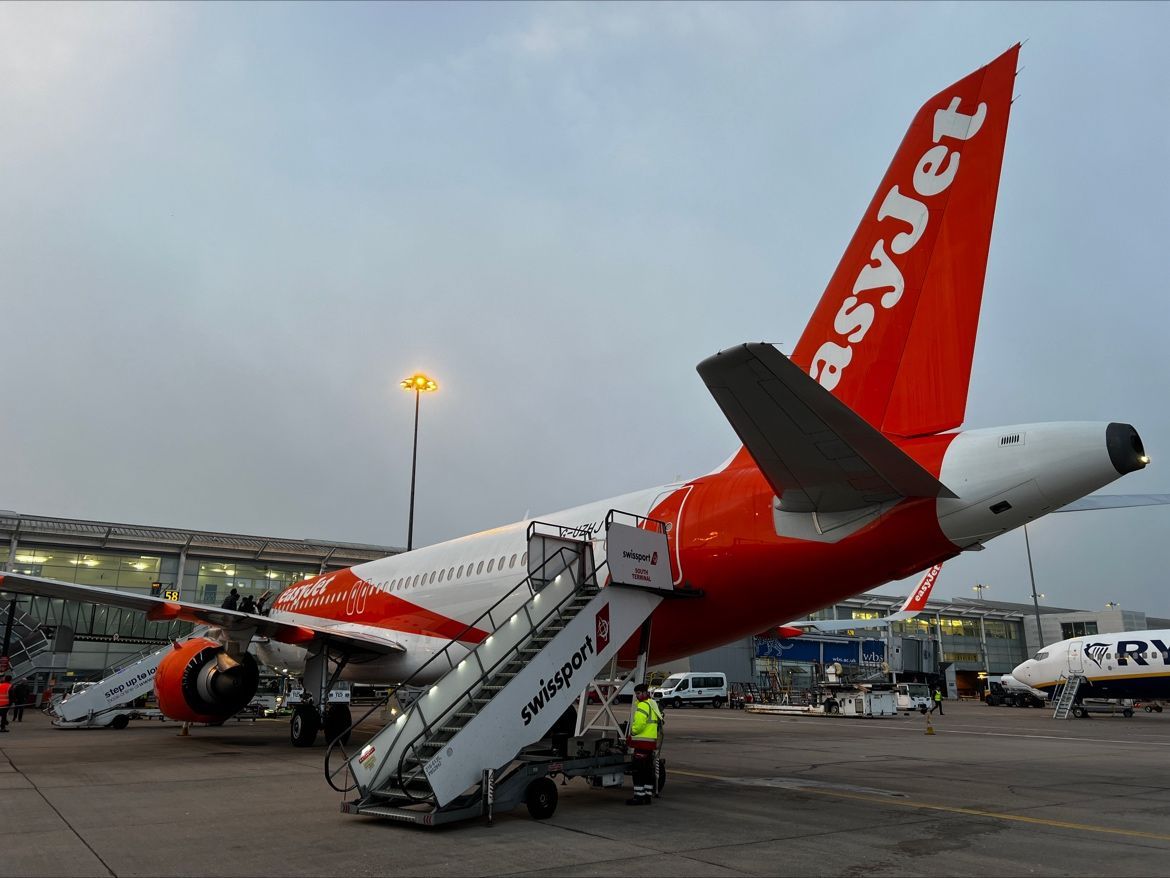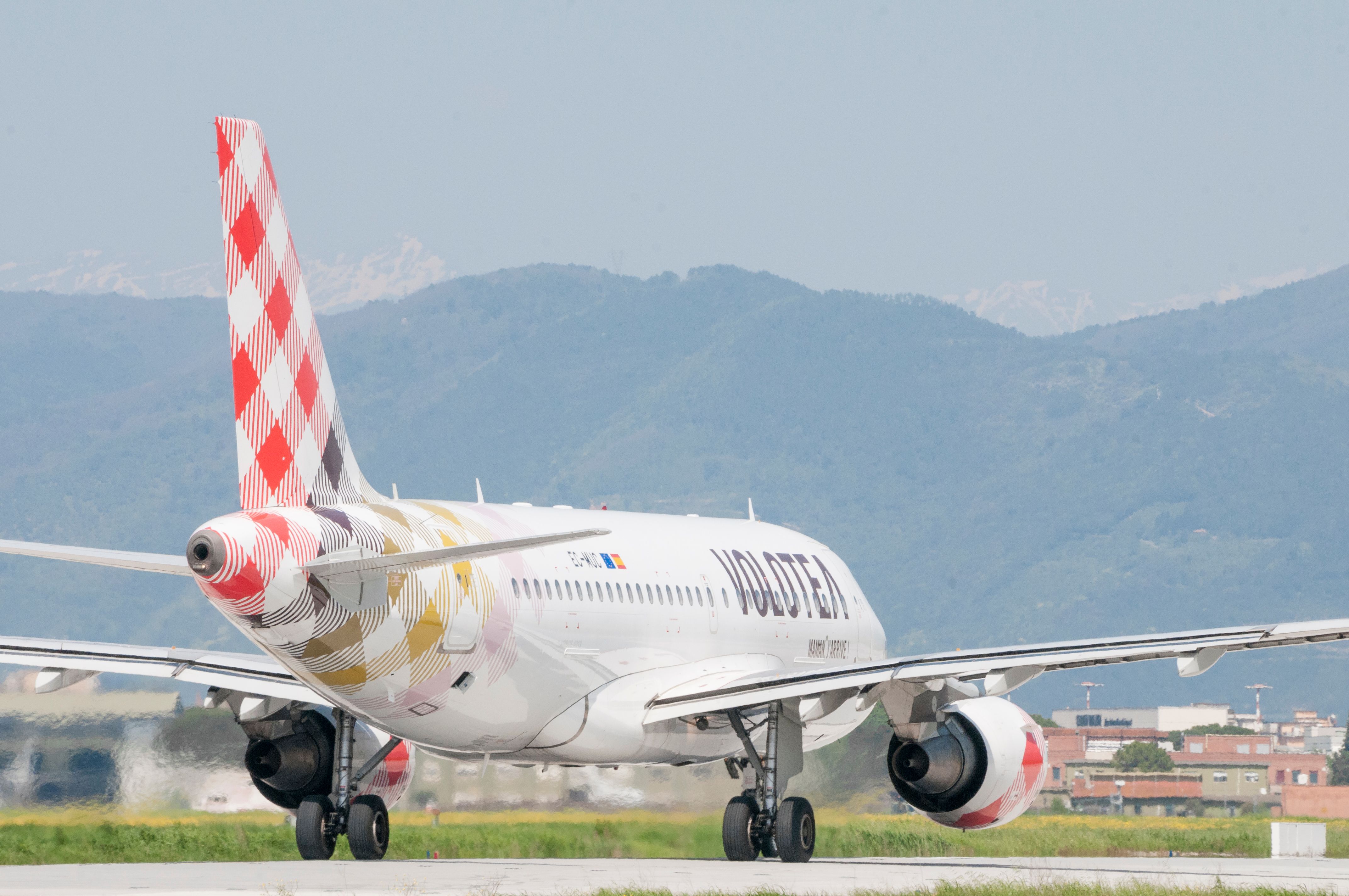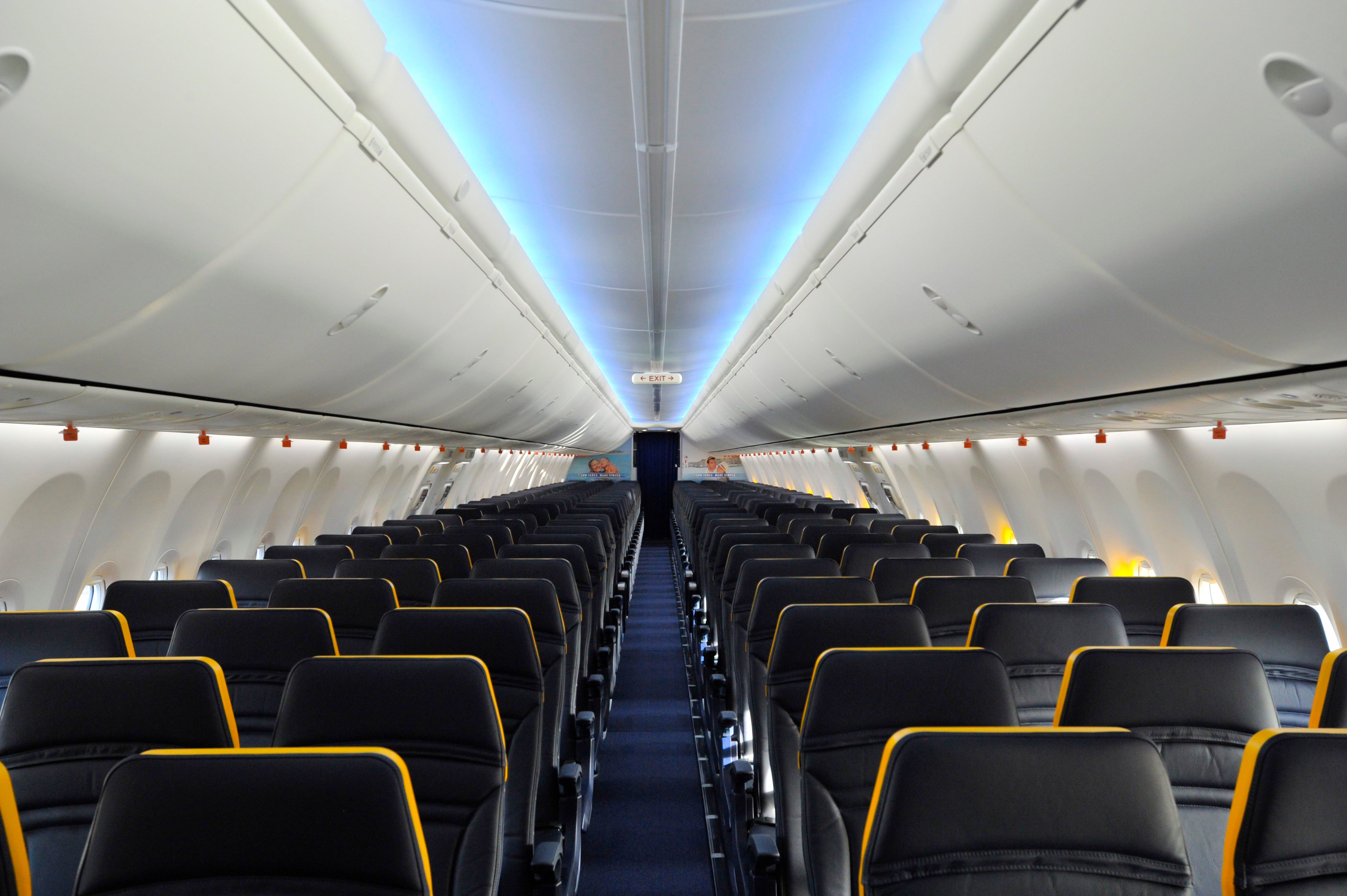Summary
- The Spanish General Secretariat of Consumer Affairs of the Ministry of Social Rights, Consumer Affairs, and 2030 Agenda fined easyJet, Volotea, Vueling, and Ryanair.
- The Ministry’s secretariat alleged that the four low-cost carriers violated consumers’ rights by charging them for additional pieces of luggage onboard or charging for reserved seats.
- In response, Association of Airlines (La Asociación de Líneas Aérea, ALA) blasted the Ministry for its decision, adding that it would penalize travelers who chose not to bring an additional bag onboard.
The Spanish government has collectively fined four low-cost carriers, including easyJet, Volotea, Vueling, and Ryanair, for charging consumers for various services, including the ability to take carry-on bags on aircraft or reserve seats onboard aircraft.
Long-fought battle
According to a statement by Facua-Consumidores en Acción, also known as FACUA, a non-governmental organization advocating for consumer rights, it has battled the allegedly illegal practices since 2018. FACUA said that the Spanish General Secretariat of Consumer Affairs of the Ministry of Social Rights, Consumer Affairs, and 2030 Agenda (La Secretaría General de Consumo del Ministerio de Derechos Sociales, MAS) imposed a collective €150 million ($163.1 million) fine for easyJet, Volotea, Vueling, and Ryanair.
Photo: BearFotos | Shutterstock
The four low-cost carriers were fined for four violations, namely charges for bringing an additional piece of hand luggage onboard an aircraft, charging for seat allocation even if passengers are traveling as dependants for people with disabilities or with children, hiding the true prices of tickets, and prohibiting cash payments at airports.
Photo: easyJet
Furthermore, Ryanair was fined separately for charging passengers who wanted to print their tickets at the airport, according to a report by the Spanish outlet CADENA Ser. The outlet added that the Consumer Affairs Secretariat began investigating the allegedly illegal practices in 2023 after FACUA and other consumer associations complained about the quartet.
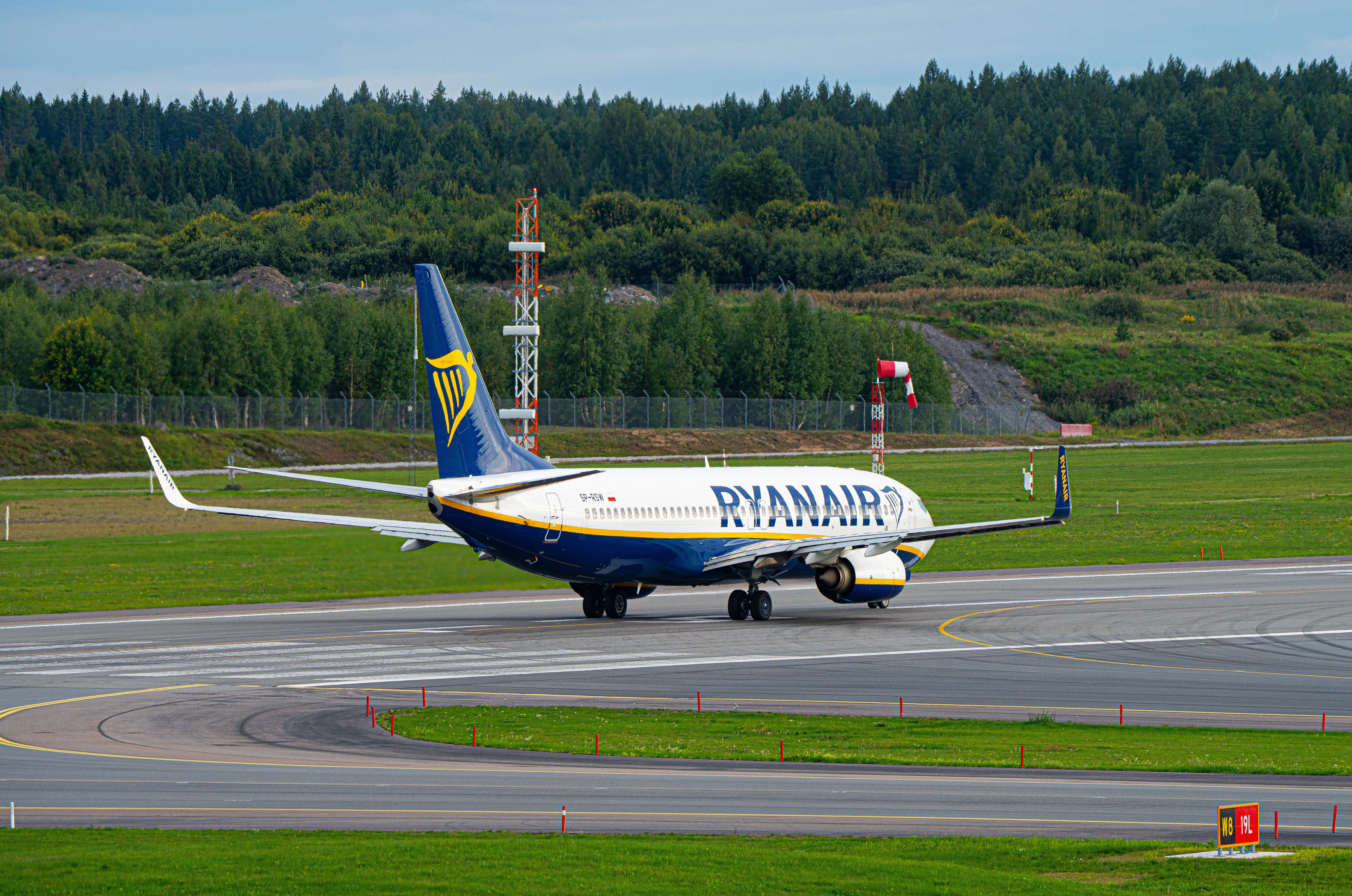
Related
Ryanair Customers Left Fuming After Being Forced To Pay For Digital Boarding Pass
One passenger, furious over the matter, called the airline “scandalous.”
Forcing consumers to purchase unnecessary services
In response to the fines, the Association of Airlines (La Asociación de Líneas Aérea, ALA), which unites almost all of the airlines operating flights from/to Spain, blasted the decision by MAS, saying that ending the possibility for passengers to purchase additional ancillary services, including additional bags that they can bring onboard an aircraft, would penalize consumers.
Photo: Cristian Storto | Shutterstock
According to ALA, almost 50 million passengers who choose to travel only with a backpack would be forced to pay for services that they do not need, including the ability to bring an additional bag on an aircraft.
The association also emphasized that the legal process was not over and that it could appeal the ruling. Javier Gándara, the President of ALA, stated that passengers would be negatively affected by the ruling because they would pay more for their itineraries while reiterating that the European Union (EU) law protects the airlines’ right to charge for such services.
“We defend the consumer’s right to choose their best travel option and the freedom of airlines to, like any other sector in a free market economy, freely set the rates for their services.”
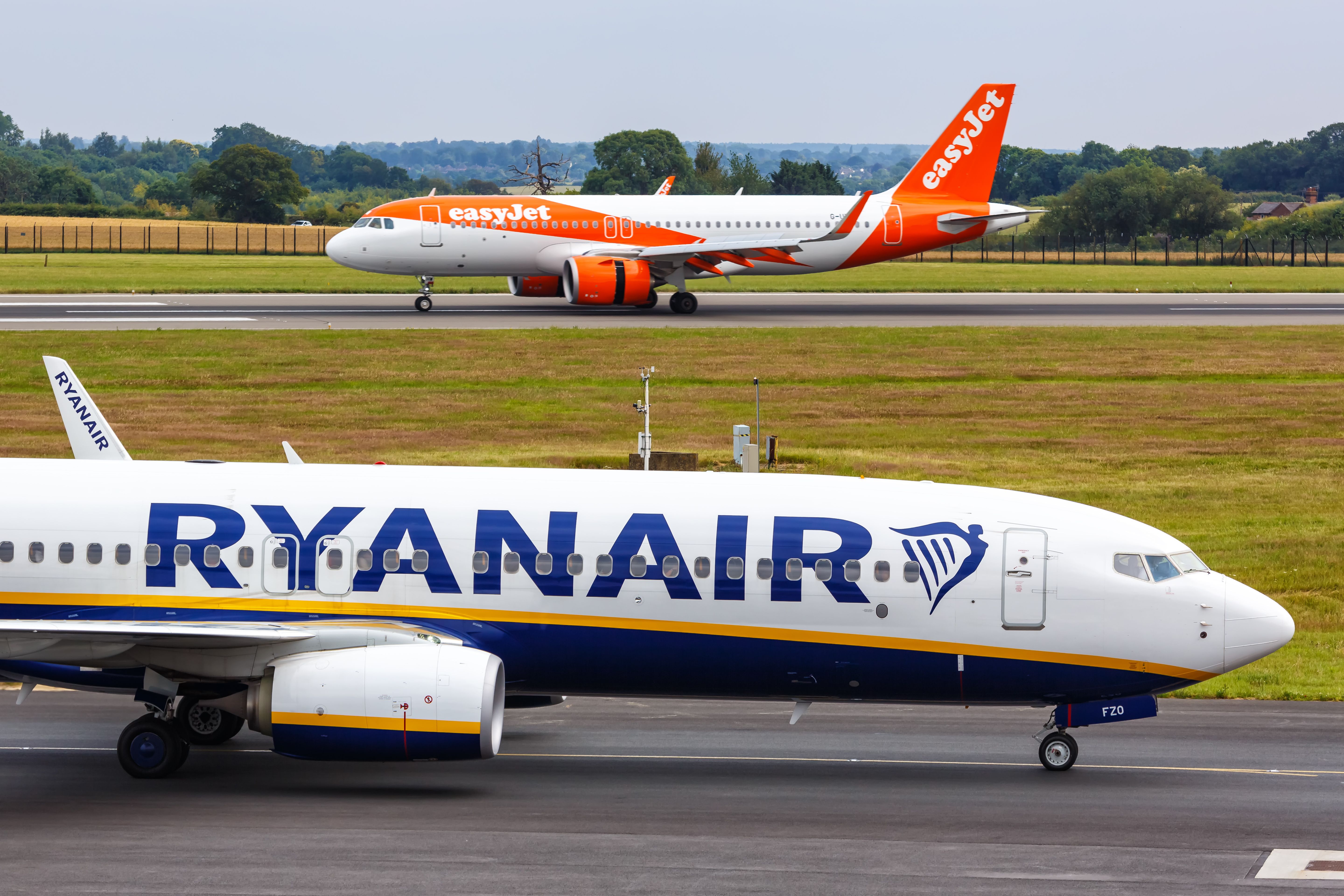
Related
easyJet vs Ryanair vs Wizz Air: How Do Their Hand Luggage Allowances Compare?
Each of the European low-cost giants has slightly different rules on this front.
Ancillary revenues
Currently, all four airlines allow a piece of hand luggage to be brought onboard an aircraft when purchasing their cheapest fares as long as it meets the size and weight standards set out by their policies. ALA warned that between 30% and 40% of passengers travel without a larger cabin bag, meaning they would have to pay for the service they do not need.
Furthermore, the aircraft cabin has limited space, meaning that even if travelers pay for the additional piece of luggage, they would not be able to bring it onboard an aircraft, ALA noted. If a bag or piece of luggage does not fit onboard an aircraft, it needs to be placed into the cargo hold, causing multiple inconveniences, which could result in the flight being delayed, the association continued.
Photo: Ryanair
For low-cost carriers, a significant part of their revenues comes from ancillary services, such as allowing travelers to bring an additional bag onboard or reserve their seats. Ryanair’s FY2024 report for the 12-month period that ended on March 31, 2024, read that its average fare was €49.80 ($54.15), while the average ancillary revenue per passenger was around €23.40 ($25.45). In total, out of the €13.4 billion ($14.5 billion) of revenue it had earned in FY2024, €4.2 billion ($4.5 billion), or 31.2%, was from ancillary revenues.
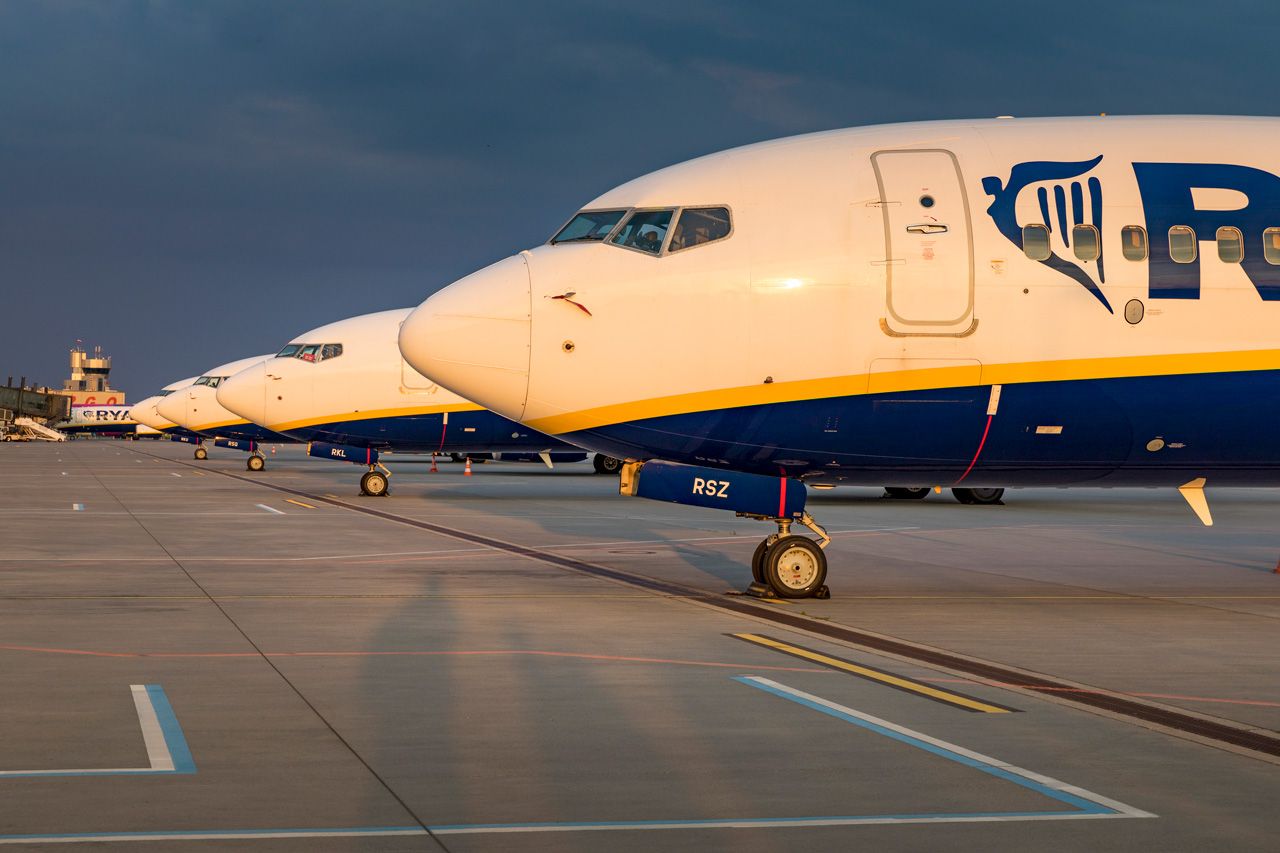
Related
Ryanair Posts Record $2 Billion Profit As Cost Advantage Widens
The group’s tight control of costs is widening the gap between Ryanair and its closest competitors.

